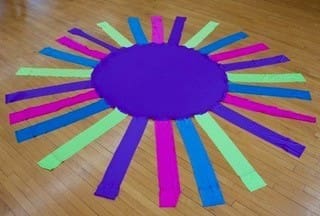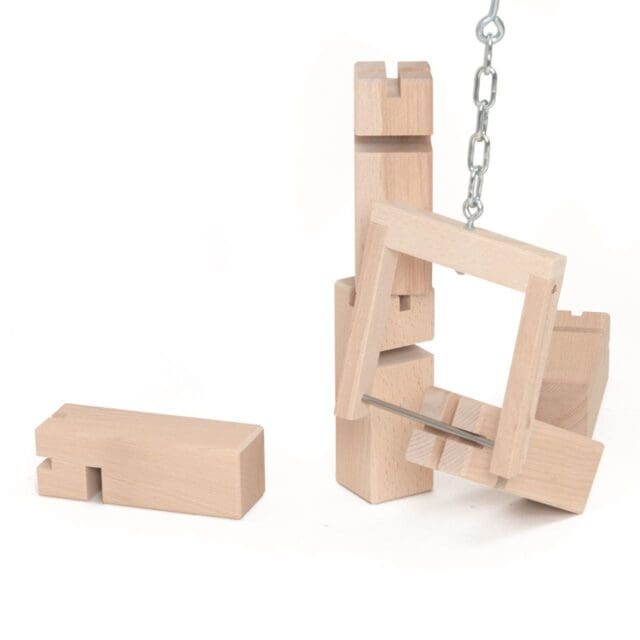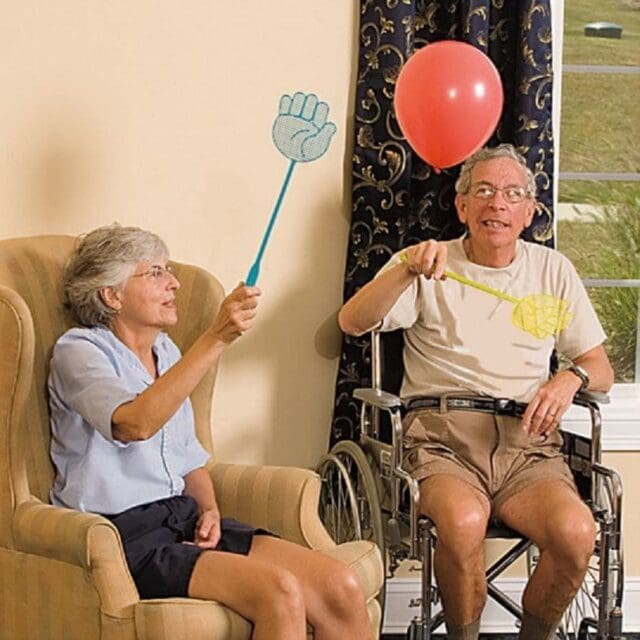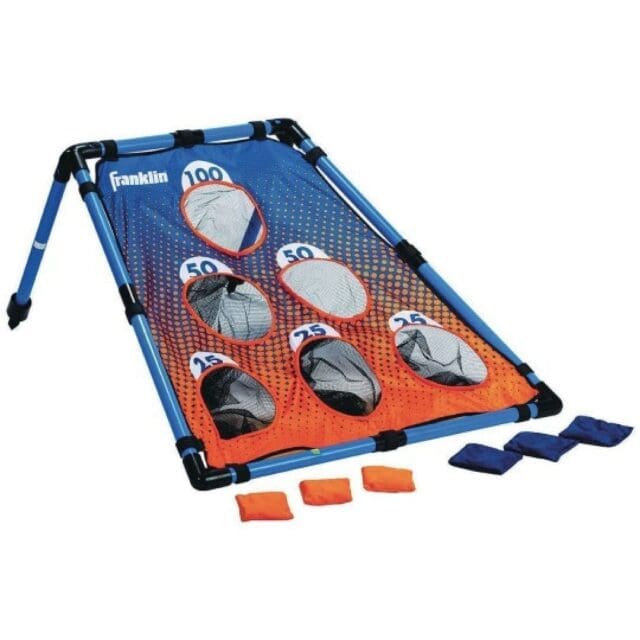Shoulder and Arm Exercise Equipment for Care Homes and All Abilities
Enhance mobility and strength with our range of shoulder and arm exercise equipment, designed for individuals of all abilities. Whether in a care home, rehabilitation centre, or at home, our selection includes resistance bands, hand grips, and other tools that promote muscle strengthening and flexibility. These exercises are particularly beneficial for seniors, those recovering from injuries, and individuals who have suffered a stroke, helping to improve daily function and overall well-being.
Why Choose Our Shoulder and Arm Exercise Equipment?
Our shoulder and arm exercise tools are ideal for gentle, effective workouts that can be tailored to each individual’s needs. They support rehabilitation, maintain muscle tone, and help prevent stiffness, ensuring a comfortable and beneficial exercise routine.
Browse our collection of shoulder and arm exercise equipment today to find the right equipment for your exercise program.
Shoulder and Arm Exercise Equipment for Dementia & Alzheimer's Patients
For the Elderly
Incorporating shoulder and arm exercises into the daily routine of elderly individuals can significantly contribute to maintaining their overall health and independence. These exercises can help to alleviate symptoms associated with ageing, such as muscle weakness and joint stiffness. They can also enhance the elderly's ability to perform daily tasks such as reaching for items and can improve balance and coordination, which are crucial to preventing falls.
For Care Homes
In care homes, shoulder and arm exercises can be a valuable aspect of the resident's daily schedule. Focused physical activity can help to keep the residents physically and mentally active. Organised and guided fitness sessions incorporating shoulder and arm exercises can stimulate social interactions amongst residents, improve mood, retain muscle strength, and ultimately contribute to a better quality of life.
For the Visually Impaired
Shoulder and arm exercises for those with visual impairments should be made accessible and safe. Special considerations such as detailed verbal instructions, physical guidance or tactile demonstrations may be needed. These exercises can offer significant benefits to visually impaired individuals, including improved physical health and an increased sense of self-reliance and self-esteem.
For Dementia Patients
Exercise is a key component in the care and management of dementia. Exercise routines involving shoulder and arm movements can help slow the progression of physical symptoms and can also provide some mental stimulation. These exercises can provide routine and familiarity, which can be comforting to individuals challenged by the changes in cognitive function.
For Alzheimer's Patients
Regular shoulder and arm exercises can support Alzheimer's patients by maintaining physical strength, reducing anxiety symptoms, and promoting better sleep. These exercises can be a positive, non-pharmacological approach to manage the physical and emotional challenges associated with Alzheimer’s disease. Consistency and encouragement are vital for incorporating exercise into a daily routine.
Overall, shoulder and arm exercises can provide a range of physical and psychological benefits, tailored to be appropriate for different groups and their specific needs.
Showing all 12 results











